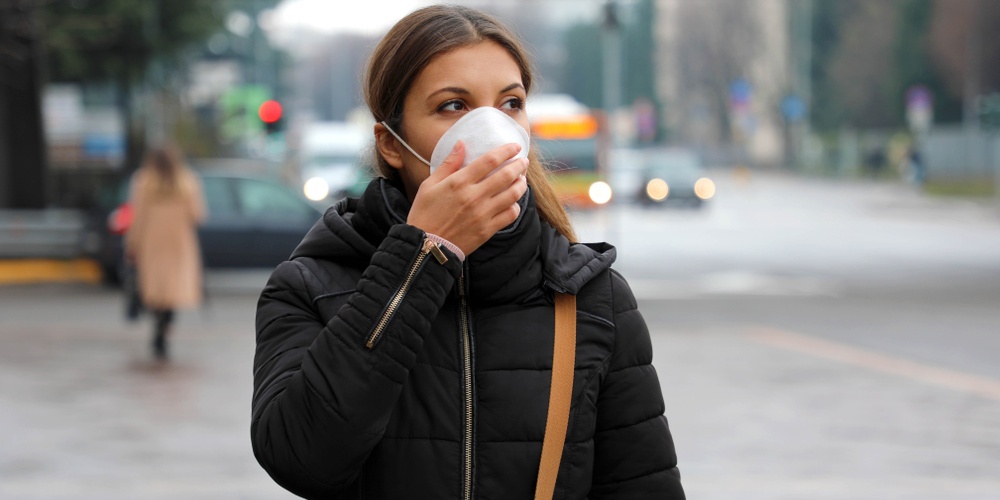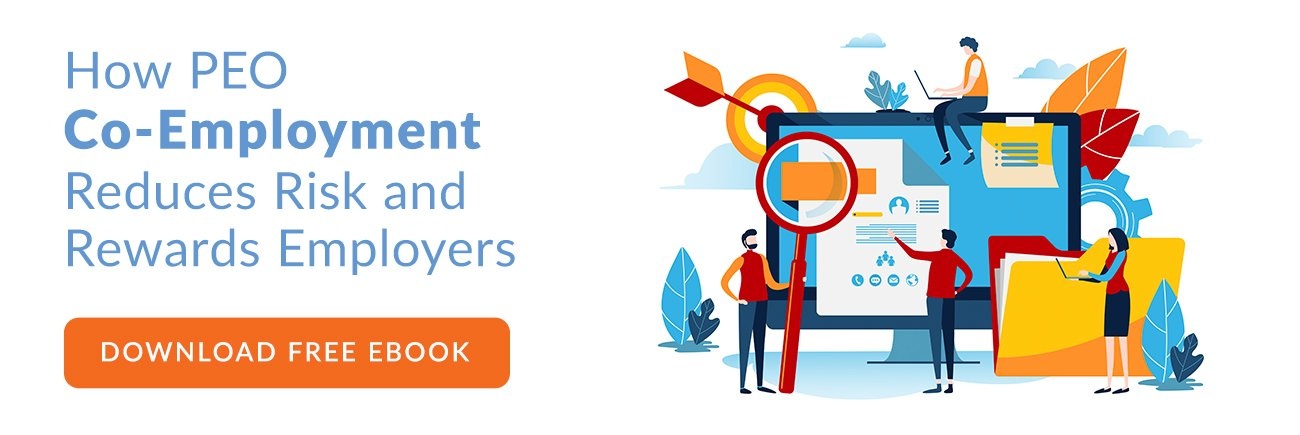The introduction of Covid-19 into the world created many issues that no one ever anticipated needing to address. One of the concerns that many companies in the United States (and elsewhere) faced was how COVID-19 illnesses might be treated from a workers’ compensation perspective. It is, unfortunately, the case that many employers are unaware of the rules regarding COVID-19 and worker’s compensation.
Depending on which state you operate your business in, you may or may not have to comply with workers’ compensation regulations regarding how COVID-19 cases are handled. This confusion and complexity have only heightened the demand for Professional Employer Organizations (PEOs). A PEO can provide worker’s compensation insurance, track the latest developments in the various state laws that govern worker’s compensation, and ensure that your company is updated with those changes.
Recent developments in California suggest that employees who contract COVID-19 while on the job may have the opportunity to petition the court for more than just worker’s compensation. To understand what it all means, it is necessary to have a firm grasp of presumption in workers’ compensation cases.
What is the Role of Presumption in Workers’ Comp Cases?
Employees can win a workers’ compensation claim if they can reasonably prove that their injuries arose during their duties as an employee. This is relatively straightforward for physical injuries visible to the naked eye. They need only to retain their records, gather documents, and perhaps ask that witnesses (typically co-workers) be willing to testify on their behalf.
All of that said, it is not as easy to win a case on the basis of presumption if the injuries sustained are the result of an illness such as COVID-19. It may prove quite a bit more challenging for employees to reach the burden of proving that their illness “arose out of” the course of their duties. All of this means that receiving workers comp from a PEO can be the smartest way to play things as a business. When working with a PEO, companies know that their interest is protected at all times.
Various states are moving in different directions as far as COVID-19 relates to workers’ compensation. Let’s look at how some of the many states are treating this situation.
- Idaho, Texas, Tennessee, and Wyoming all considered legislation related to COVID-19-related workers’ compensation, but none of these states acted on the legislation to pass anything in 2021.
- Ohio and Wisconsin both introduced legislation to address the issue. In Ohio, the law would have changed the definition of an injury to include illnesses sustained due to COVID-19. Wisconsin introduced a bill that would have included an injury sustained from an employer’s requirement to receive the COVID-19 vaccine as something for which workers’ compensation could be sought. Neither state has passed these bills yet, but the legislative session remains open in both.
- Many other states have pre-filed bills for 2022 that seek to add adverse reactions to the COVID-19 vaccine as reasons why an employee might seek workers’ compensation. Those states include Kentucky, Alabama, South Carolina, and New Hampshire.
As you can see from this list, the dynamics around COVID-19 and workers’ compensation are changing rapidly, and no one is positive about where this all will end. It is incredibly challenging as an employer to keep up with the very latest in workers’ compensation at all times, and that is why many have turned to a PEO to get the assistance that they require for managing this issue.
What are the consequences of Matilde Ek vs. See’s Candies Inc.?
A frightening case out of California has many employers concerned that they could potentially be vulnerable to near-limitless liability as they attempt to do all that they can to protect themselves from countless lawsuits as a result of what is happening with COVID-19.
In the case of Matilde Ek vs. See’s Candies, a lower court ruled that the candymaker must pay compensation to a former employee who made the case that she contracted COVID-19 while on the job and brought it home to her husband who later passed away from the disease. It was a unique ruling that See’s Candies appealed to the California Supreme Court. However, the California Supreme Court refused to hear the case, leaving the ruling by the lower court intact.
This has now set a precedent, and it could mean that more rulings come down against companies from coast to coast.
Employees are not off the hook for potential negative consequences from this ruling either. It threatens what is known as the exclusive remedies doctrine that has been held in workers’ compensation cases for decades. This doctrine makes it easier for employees to file a workers’ compensation claim against their employer because they do not have to prove fault for their injuries. However, it also limits the employer’s liability for those injuries by only paying out for medical costs, missed work, and other injuries specific to the time that employees lose because of an injury. This new court ruling puts all of that in jeopardy.
Use a PEO to Take Care of Your Workers’ Compensation Claims
There is no better time than right now to contract with a PEO to help take care of your workers’ compensation claims. Given everything that we know that is going on with shifting legislation and the like, it simply makes sense that companies want to protect themselves and their interests by using a PEO to keep tabs on the changes in legislation.
A PEO opens up the possibilities to:
- Get a pay-as-you-go workers’ compensation plan
- Administer workers’ compensation benefits and even appear on your behalf in hearings in some cases
- Help you receive the most up-to-date information about what kind of legislative trends are taking place in your state
You can’t go wrong hiring a PEO to assist with your HR needs at this time. It can be a major money-saving move. Get back to handling what you need to focus on in your business, and let the PEO take care of the rest.



